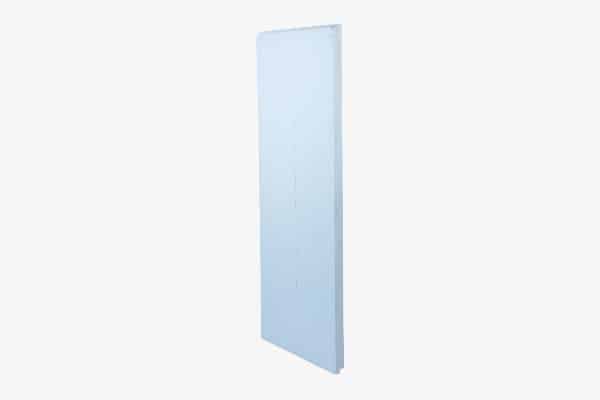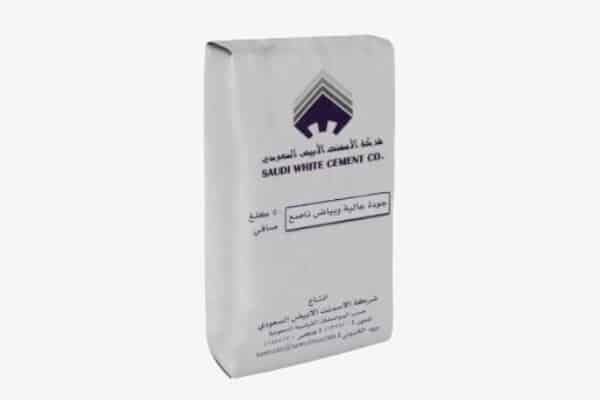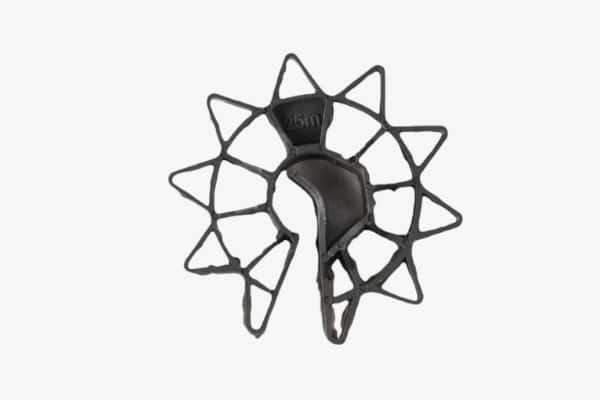Stock Tiles
General Description
Stock tiles are a type of cement-based flooring solution known for their durability, affordability, and adaptability. These tiles are widely used in residential, commercial, and industrial applications due to their strong composition and ability to withstand heavy loads. They come in a variety of colors, textures, and finishes, making them a versatile choice for different architectural and interior design projects.
Properties and Features
- High durability: Resistant to wear and tear, making them ideal for high-traffic areas.
- Varied designs: Available in multiple colors and surface textures.
- Slip-resistant: Provides a safe walking surface for both indoor and outdoor use.
- Cost-effective: An affordable alternative to natural stone and ceramic tiles.
- Low maintenance: Requires minimal upkeep for long-lasting performance.
- Weather-resistant: Suitable for outdoor use in varying climatic conditions.
Common Applications
- Residential flooring: Used in kitchens, patios, and living spaces.
- Commercial spaces: Ideal for malls, offices, and retail stores.
- Industrial environments: Used in warehouses and factories due to its strength.
- Public spaces: Applied in sidewalks, schools, and hospitals.
Available Dimensions
- Standard tile sizes:
- 200 × 200 mm
- 300 × 300 mm
- 400 × 400 mm
- Thickness options:
- 10-20 mm for regular use.
- 25-40 mm for heavy-duty applications.
- Custom sizes available on request.
Density and Weight
- Density: 2,100-2,400 kg/m³.
- Weight per tile: A 300×300 mm tile typically weighs between 4-6 kg.
Lifespan and Hardness
Stock tiles have an expected lifespan of 30 to 50 years, depending on maintenance and usage conditions. Their high compressive strength ensures they remain intact under heavy loads and continuous use.
Advantages
- Strong and long-lasting: Withstands extreme conditions and heavy traffic.
- Aesthetic versatility: Available in multiple colors and finishes.
- Economical choice: Offers excellent value compared to other flooring materials.
- Thermal properties: Helps regulate indoor temperatures in hot climates.
Comparison with Other Flooring Materials
| Feature | Stock Tiles | Ceramic Tiles | Porcelain Tiles |
|---|---|---|---|
| Durability | High | Medium | High |
| Design Variety | Medium | High | High |
| Slip Resistance | High | Low | Medium |
| Maintenance Ease | Low | Medium | Low |
| Cost | Affordable | Low | Expensive |
Applications
- Homes: Ideal for bedrooms, kitchens, and patios.
- Commercial Buildings: Used in malls, offices, and hotels.
- Public Infrastructure: Sidewalks, schools, and hospitals.
- Factories & Warehouses: Suitable for heavy-duty applications.
Installation Guidelines
- Surface Preparation: Ensure a clean, level, and dry surface.
- Adhesive Application: Use cement-based adhesive for a strong bond.
- Tile Placement: Lay tiles with uniform spacing and press firmly.
- Grouting: Apply grout between tiles for added stability.
- Sealing: Use a protective sealant for enhanced durability.
Pricing and Availability
- Price Range: $10 to $35 per square meter, depending on design and thickness.
- Price Factors: Custom colors, finishes, and thickness impact costs.
Maintenance Tips
- Regular cleaning: Sweep and mop to remove dust and dirt.
- Gentle washing: Use mild cleaning agents to maintain surface integrity.
- Re-sealing: Apply sealant periodically for extended lifespan.
- Damage Repair: Replace broken tiles or fill cracks with appropriate grout.
Case Studies
- Retail Spaces: Used in malls and shopping centers for durability.
- Educational Institutions: Installed in schools due to affordability and safety.
- Outdoor Applications: Frequently used in sidewalks and public parks.







